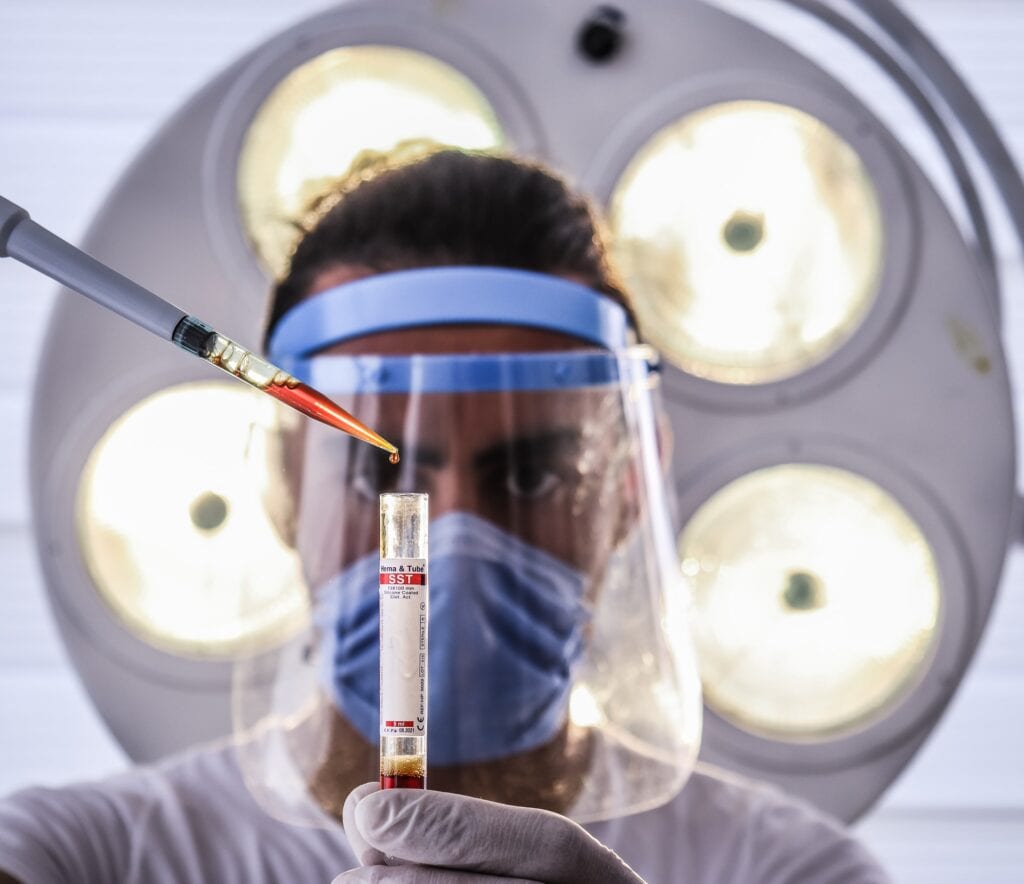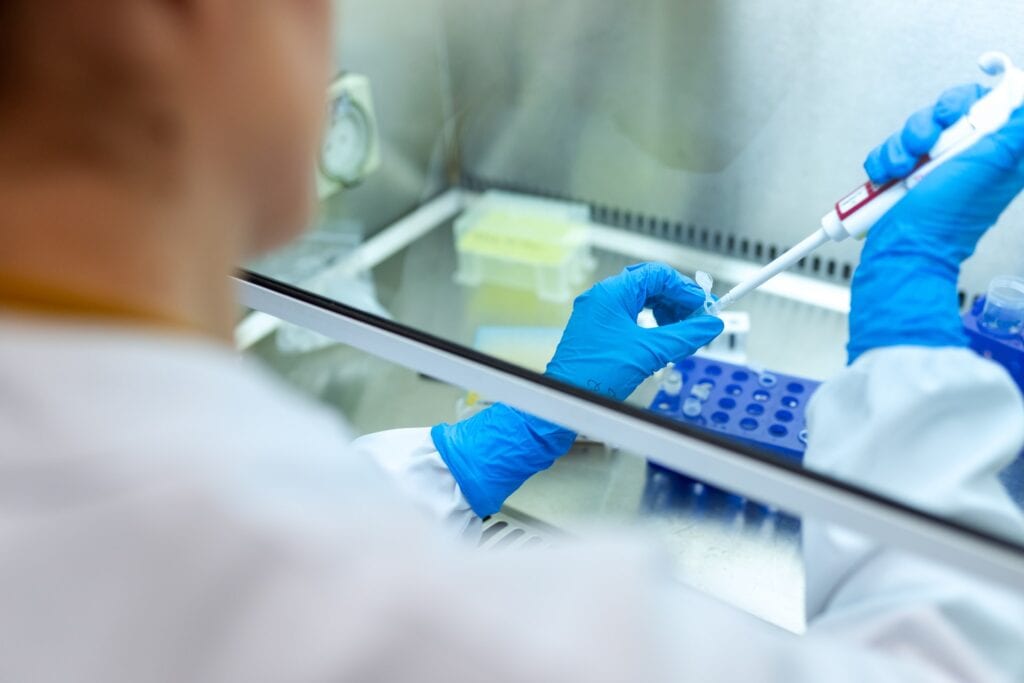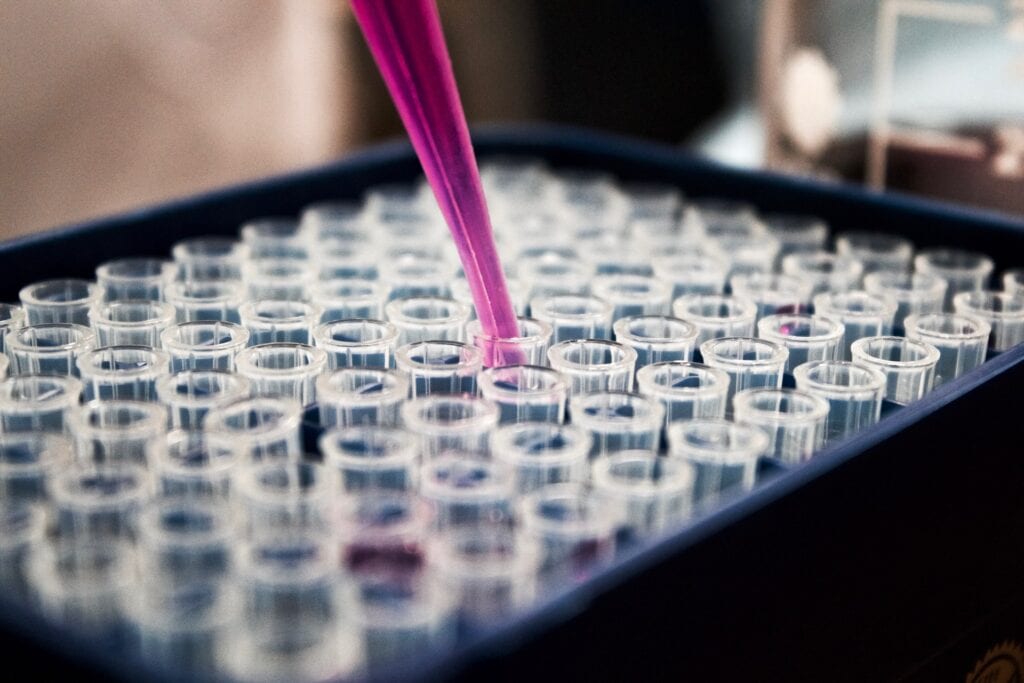
Physicians now offer robust genetic tests to patients, thanks to advances in medical technology, science, and research.
Genetic screenings have many purposes. Of course, they’re commonly utilized by patients who want to discern their risk for different illnesses. Monitoring the health of babies to assist expectant mothers is another thing that genetic testing can accomplish.
What genetic testing does is search for mutations in someone’s genes. These changes may result in a person developing a disease in the future.
How Is Genetic Testing Done?

Amniotic fluid, skin, hair, saliva, and blood are the samples that are commonly required for a genetic test, like the one offered by My Psomagen, to be possible. Note that different types of tissues are needed, depending on the specific test to be conducted. The doctor or the genetic testing specialist will tell the patient which samples will be collected. These samples will tell scientists what genetic changes are present in your DNA through genetic screening. They’ll check metabolites, proteins, chromosomes, RNA, or your DNA during the test.
A patient may undergo several genetic screenings in some cases. It’s especially essential when more than one change causes a genetic condition.
Different Kinds Of Genetic Tests

Genetic testing varies depending on the purpose of the test. The most common types of genetic tests include:
- Diagnostic genetic testing – As the name suggests, this type of genetic testing confirms a genetic condition diagnosis. The results of diagnostic testing guide experts as to the best treatment choice to be used. These also help in managing the disease’s course. It’s possible to perform the test at any time in an individual’s life or even before birth.
- Carrier genetic testing – A carrier may not have a genetic disorder, but they have a faulty and healthy copy of the same DNA gene. Carrier testing is necessary to see if a person carries a copy of a mutation for a disease that they may be able to pass on to the next generation.
- Presymptomatic genetic testing – Finding out if a person who has no symptoms but with a family history of an illness has the DNA changes of that disease requires this type of testing. Presymptomatic genetic testing helps show if an individual is ill even before symptoms become evident.
- Predictive genetic testing – This type of testing is available for health issues such as some single-gene disorders, cardiovascular diseases, and some cancer types. It helps show the probability of a person who does or doesn’t have a family history of a medical problem developing that illness.
- Preimplantation test – After in-vitro fertilization (IVF) is done, preimplantation studies are carried out. Implanting an embryo into the mother’s womb requires checking the fertilized egg for a genetic disorder. That’s what this type of genetic testing is all about.
- Prenatal testing – Diagnosing a genetic mutation in a baby developing in the womb involves this test. Prenatal diagnosis includes amniocentesis, ultrasound, and blood tests for the baby’s mother. It may also require noninvasive prenatal screening, PUBS or percutaneous umbilical blood sampling, and chorionic villus sampling (CVS).
- Newborn screening – As the name suggests, newborn babies are the ones who undergo this type of genetic testing. The screening looks for disorders that health professionals can diagnose and treat early. This test is actually part of many countries’ public health programs. In the US alone, millions of newborns get tested each year. They’re tested for diseases, such as hypothyroidism and phenylketonuria. Hypothyroidism is when the thyroid gland doesn’t make thyroid hormone adequately. Phenylketonuria causes intellectual disability and has no treatment.
Genetic Testing Results
The results of genetic testing can help find or identify diseases in many different situations. Genetic disorders may be found in an adult with or without symptoms or a family history of the disease. The test may also find illnesses in a newborn and a baby in the womb. Even an embryo set for implantation during in-vitro fertilization procedures can be checked for a medical problem.
The Relationship Between Genetic Testing And Health Informatics

The relationship between health informatics and genetic testing has already yielded significant resources for improving preventative medical care’s effectiveness. It’s true, even though such essential connections are still being explored and fleshed out.
There are now efforts to make genetic testing results more widely available in clinical research projects and programs by including them in electronic health records (EHRs). In fact, the National Human Genome Research Institute (NHGRI) has heavily invested in such initiatives. The goal is to allow medical professionals to identify direct links between medication reactions or medical conditions and genetic markers. It can be achieved by creating widespread genetic testing data points and trends access.
Doctors will be able to perform some general genetic testing through health informatics applications, like the one the NHGRI is pushing to happen. Physicians can then determine whether or not a patient belongs to a high-risk group for possible diseases by cross-referencing the results with clinical data. As a result, physicians can work with patients to minimize risks by taking preventative measures.
Genetic Testing’s Possible Benefits
Whether the results are negative or positive for a mutation or a gene change, one may benefit from genetic screening. That’s because you can better prepare for what’s ahead. The results may provide a sense of relief for most people.
Genetic Testing’s Possible Risks

Some people may feel guilty, anxious, depressed, or angry about their results. That’s why genetic testing’s most significant risk is on a person’s emotional wellbeing. It even creates tension within a family in some cases. The best thing about genetic testing is that its effects on physical health are very minimal to none. However, it’s essential to note that patient experience varies, depending on so many factors. With that said, never base your decision on whether or not getting screened is a good idea on someone else’s experience.
Final Thoughts
It helps to talk to a genetic counselor before undergoing a genetic test. They can tell you what factors to consider when thinking about getting screened for mutations or changes in your DNA. You’ll also learn how a specific test’s results may impact your life. Nevertheless, one can’t deny that genetic testing is an excellent way to verify someone’s health.




